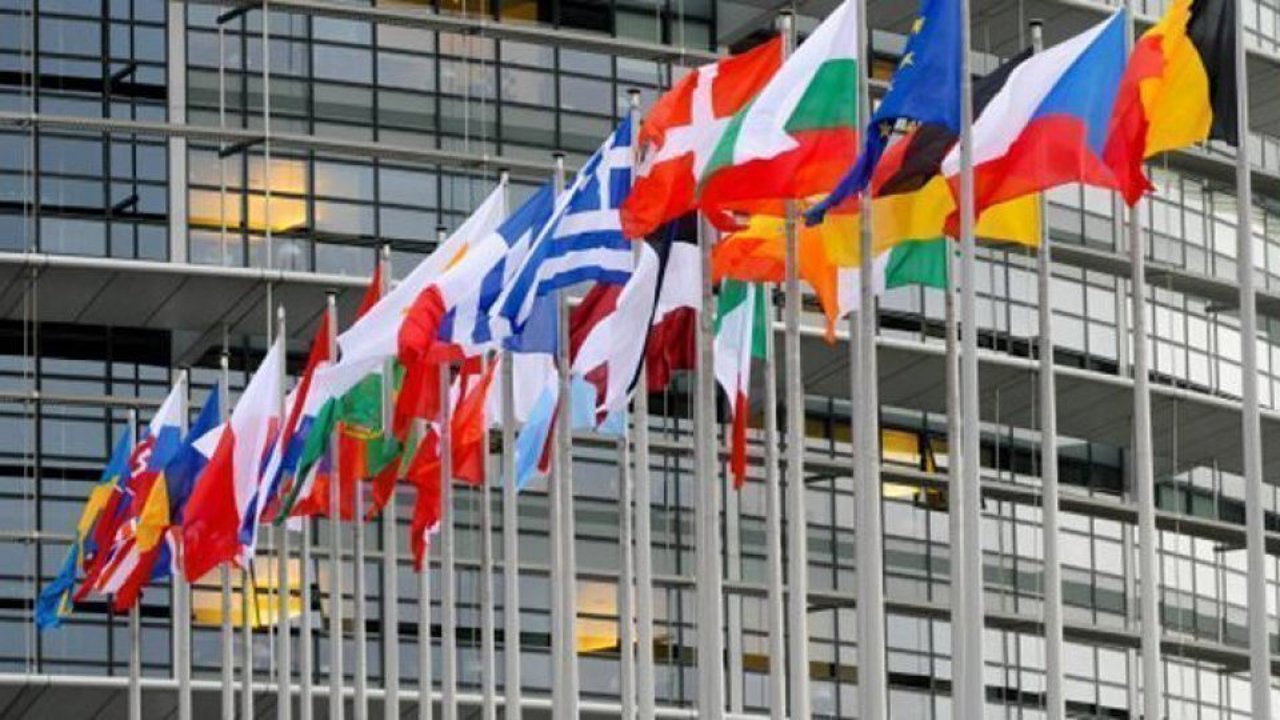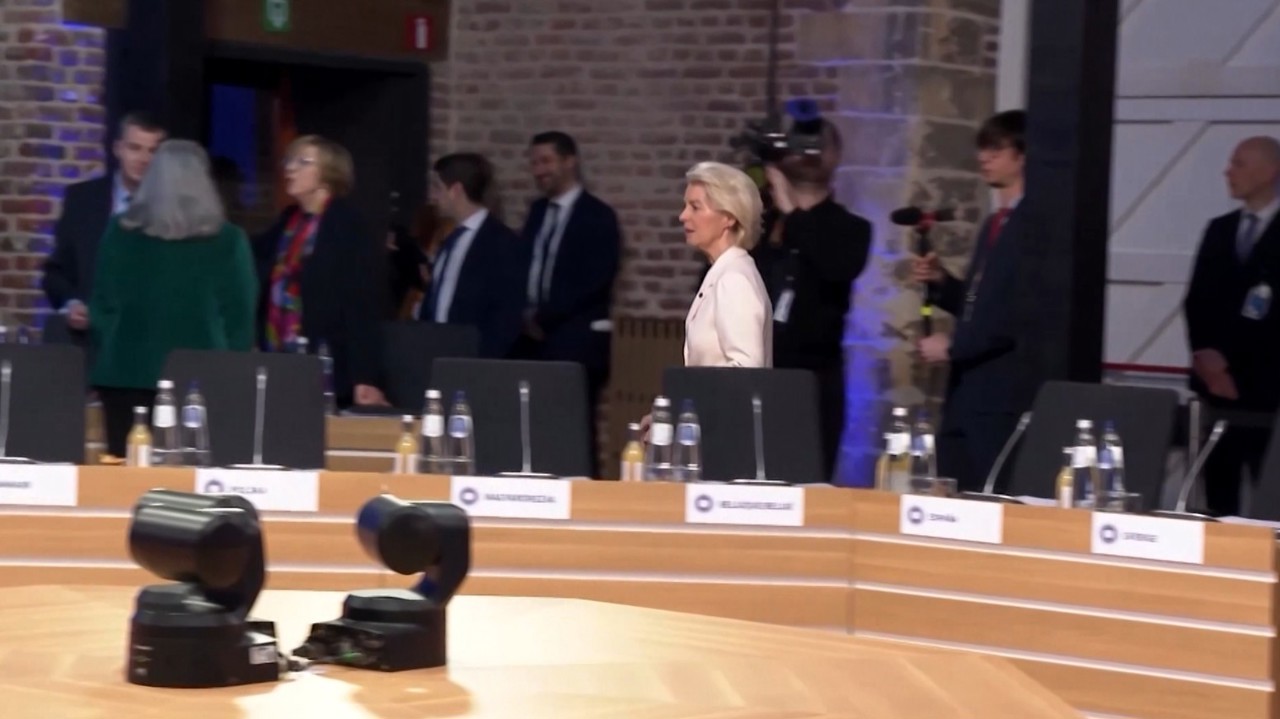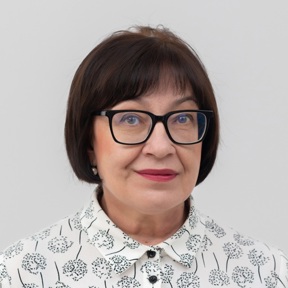Ursula von der Leyen faces gender parity challenge in EU Commission
It is highly likely that the future European Commission will not meet the quota of female commissioners desired by the Commission's President, Ursula von der Leyen.

Seventeen out of the twenty-seven member states have already announced their nominees, and all seventeen are men.
By autumn, all governments must submit their proposals for European Commissioners to form the College, the equivalent of a European government. When first elected in 2019, Ursula von der Leyen promised to impose full gender parity in the College of Commissioners: 13 women and 14 men. She also stated that she would not hesitate to ask governments to propose different candidates if the female quota was not met.
By comparison, in the previous Commission under Jean-Claude Juncker, only a third of the Commissioners were women, 9 out of 28, and even then, the quota was difficult to fill.
While the previous Commission had many women, including representatives from Romania, this time the commitment— which is not based on any written rule in the EU's founding treaties—will be impossible to uphold. Of the twenty-seven member countries, seventeen have already announced that they will send men or maintain the current male commissioners—France, for instance.
Therefore, there are still ten countries that have not yet proposed any candidates, including Romania and Belgium, both due to tensions within their governmental coalitions. One of Ursula von der Leyen's demands was that each country propose two candidates: one woman and one man, to allow her to choose. After making her selection, the commissioner candidates are then reviewed by the European Parliament, which decides whether to accept or reject them individually.
However, being a woman proposed by her government is not necessarily an advantage during the presentation and examination of the candidate before the European Parliament, where nearly 40% of MEPs are women. For instance, in 2019, the Legal Committee of the European Parliament voted to reject the candidacy of Romanian Rovana Plumb for the position of European Commissioner for Transport. She could not clarify the discrepancies between her asset declarations submitted in Brussels and Bucharest, nor could she provide details about loans amounting to one million euros.
Eventually, the Transport portfolio was assigned to another Romanian woman, Adina Vălean. However, this could even be seen as ironic: during the hearings for the Juncker Commission in 2014, the only commissioner candidate rejected was also a woman from Eastern Europe assigned the same Transport portfolio: Slovenian Alenka Bratušek.
Although she had served as prime minister in her country, something she was proud of and considered an asset, Alenka Bratušek was deemed completely incompetent by the MEPs, who did not believe she was prepared to take over the Transport portfolio. She was the only commissioner rejected by Parliament in 2014, forcing Slovenia to propose another candidate, again for Transport.
One thing, however, is certain: Ursula von der Leyen will not be able to fulfil her promise and commitment to ensure gender parity in her future Commission.
Procedure: How portfolios are assigned
Now that Ursula von der Leyen has secured her second term as President of the Commission, she must distribute the leadership positions within the EU executive among those nominated by the member states. The economic portfolios are the most sought after, while some geopolitical posts are also highly desirable—such as the roles for enlargement and the new Commissioner for the Mediterranean. In principle, everything depends on von der Leyen and her team, meaning the member states have limited leverage.
AUTHOR: Dan Alexe
Translation by Iurie Tataru





